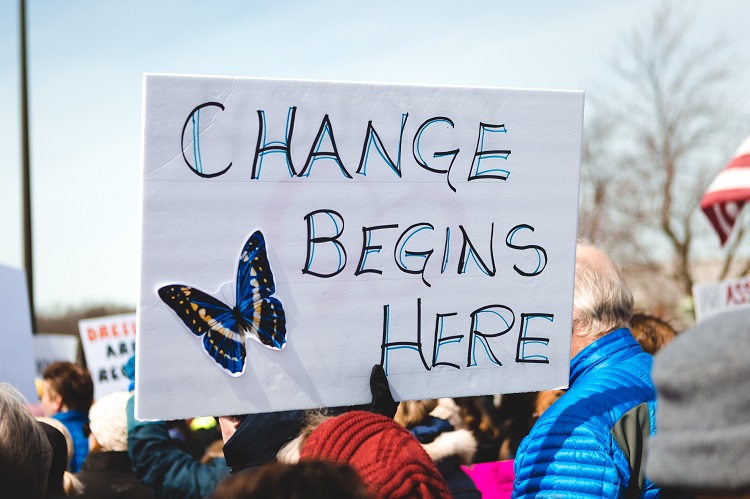Apple has endured constant criticism over the years for its dependence on Chinese workers to meet the global iPhone demand. Over at Marketplace.org, Stacey Vanek Smith asks an intriguing question: How much would an exclusively American iPhone cost?
The creation of the iPhone is a modern miracle. A video produced by the Institute for Faith, Work & Economics highlights the incredible complexity of technologies, sources, and logistics required to build the device.
As calculated by Smith—spoiler alert!—an all-American iPhone would cost consumers around $2,000 a piece. This means that if Apple had given into criticism and shut down its Chinese operations in favor of American workers and suppliers, one of today’s most widely used phones would be a luxury reserved exclusively for the wealthy. The wide adoption of smartphone technology, and the millions of ways it has affected our lives through apps and the “internet of things” may not have happened for many more years.
This simple example highlights several core lessons about economics at the international scale:
1. Making products where they can be produced most cheaply results in highly improved access to the product by the average person. This was one of Adam Smith’s primary contributions to economics in his 1776 “Wealth of Nations.” We all have particular skills and advantages, so we all do better by embracing our specializations, rather than trying to do everything ourselves.
2. By employing workers in underdeveloped nations, we enable them to benefit from the product’s demand. The article states that only 6 percent of iPhone profits go to the United States—most go to Japan, Germany, South Korea and others. While some will characterize this as a failure to reward American workers, it is better recognized as a sustainable form of international aid that simultaneously benefits American workers by giving them cheap iPhones.
3. The best chance a country has of becoming “developed” and lifting itself out of poverty is to exchange with other nations.
Attempting to prevent this arrangement in an effort to help workers—American or Asian—only hurts them.
This international exchange of labor and materials enables all nations involved to derive benefits, in the same manner that we observe within our local communities. One neighbor might specialize in building tables while another becomes a master at building chairs, finding new innovative ways to improve comfort and functionality. The two neighbors can then exchange increasingly better products at increasingly affordable prices. This relationship is the building block of an economy.
[pq]The best chance a country has of lifting itself out of poverty is to exchange with other nations.[/pq]
The fact that there are differences in income or working conditions is a result of the different ways people help one another, and the relative value of that service as perceived by both parties. There is nothing inherently wrong with a low-paying job. The skills, habits, and attitudes needed for economic advancement are not automatic or instilled via policy; they are earned through precisely the kind of uncomfortable but temporary stations in life that some would like to outlaw. In other words, economic development is a tough road, but it must be so if it is to have lasting value. The principle is true whether we are talking about a community of individuals or a community of nations.
Communist founding father Karl Marx suggested that in the just society goods flow “from each according to his ability to each according to his needs.” But these words capture just as effectively the nature of the capitalist system he rallied so heavily against. Trade only happens because free people are able to match needs and abilities in voluntary exchanges. The difference, of course, is that in the Communist society, someone makes those decisions for you.



